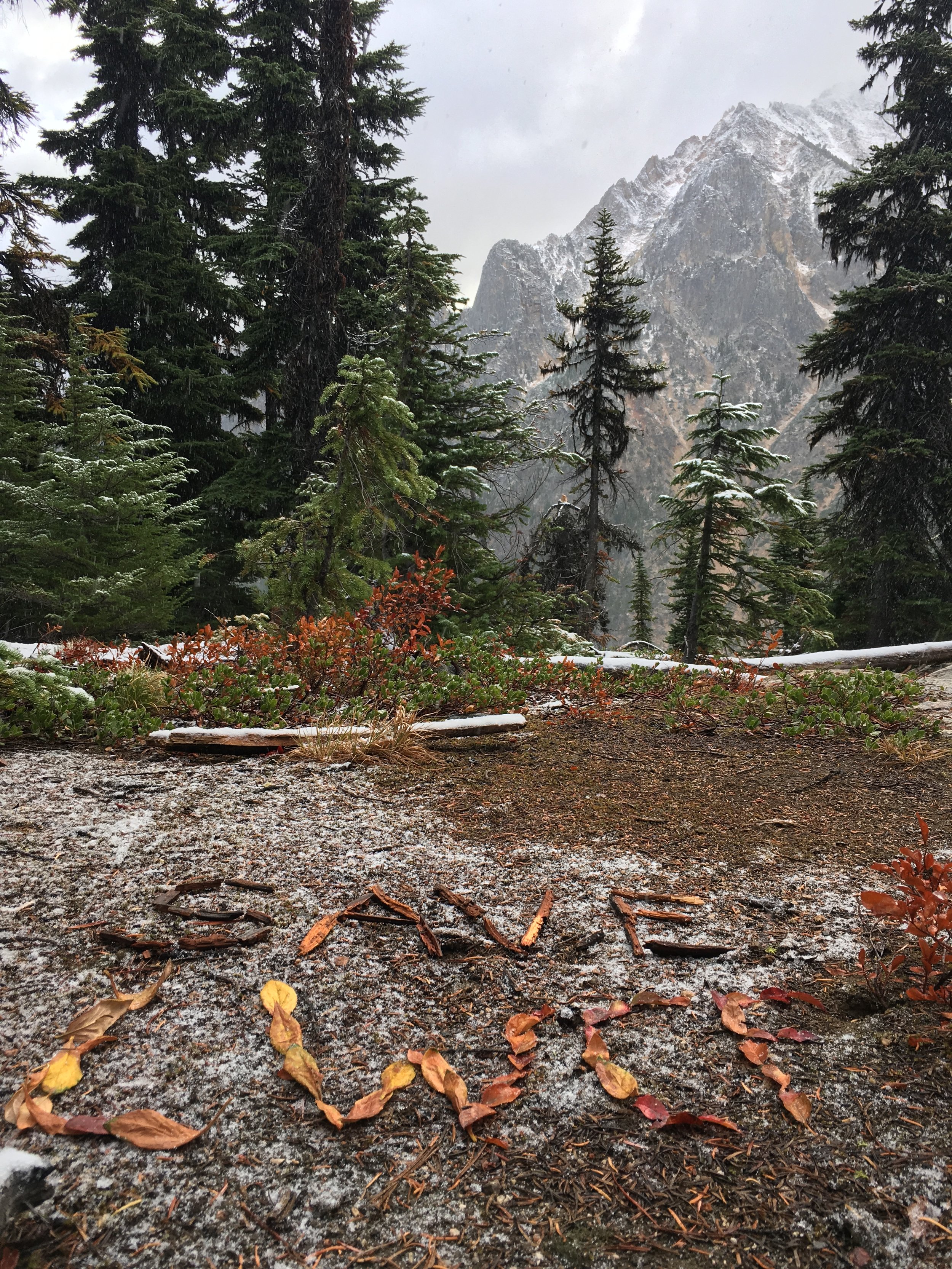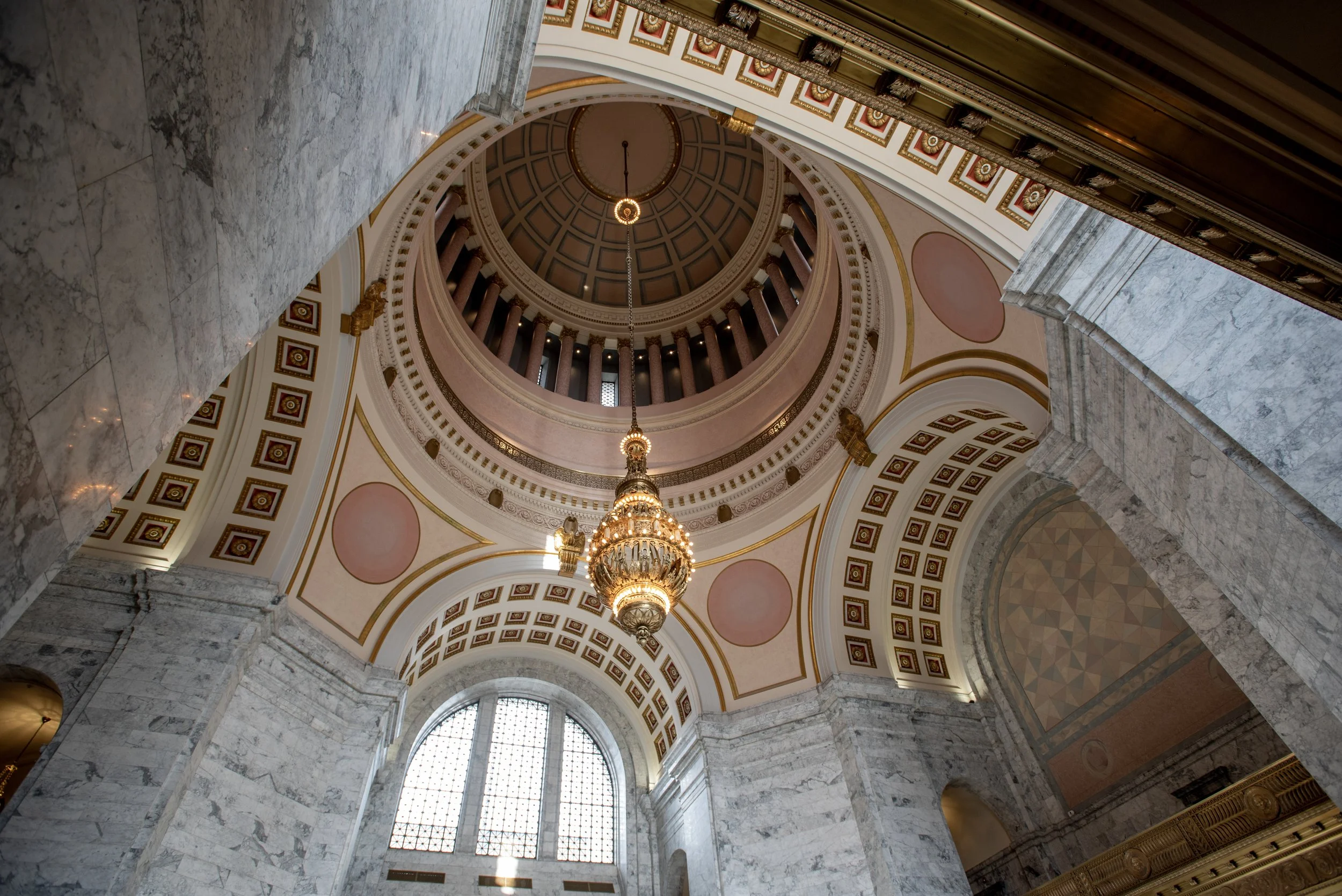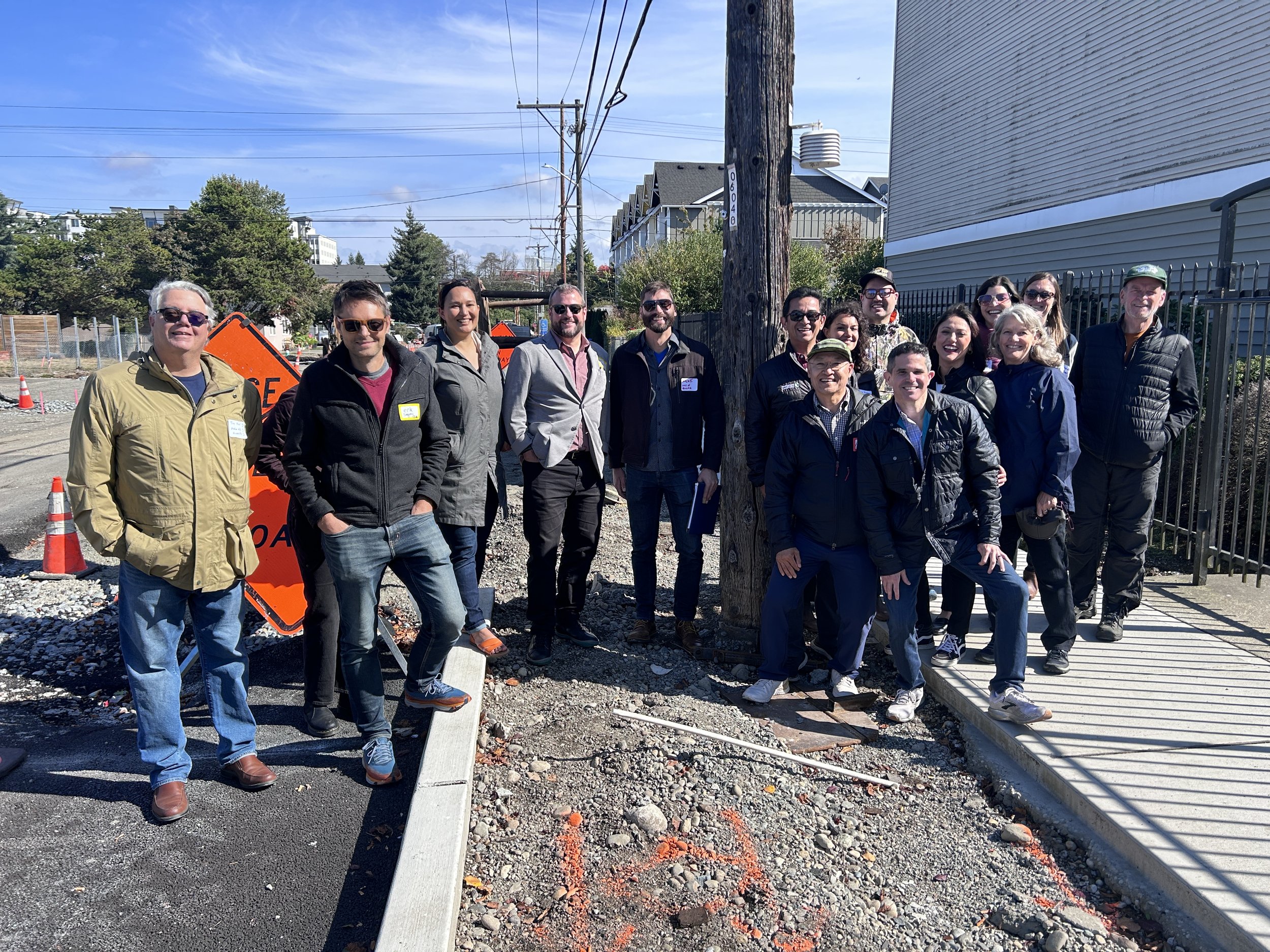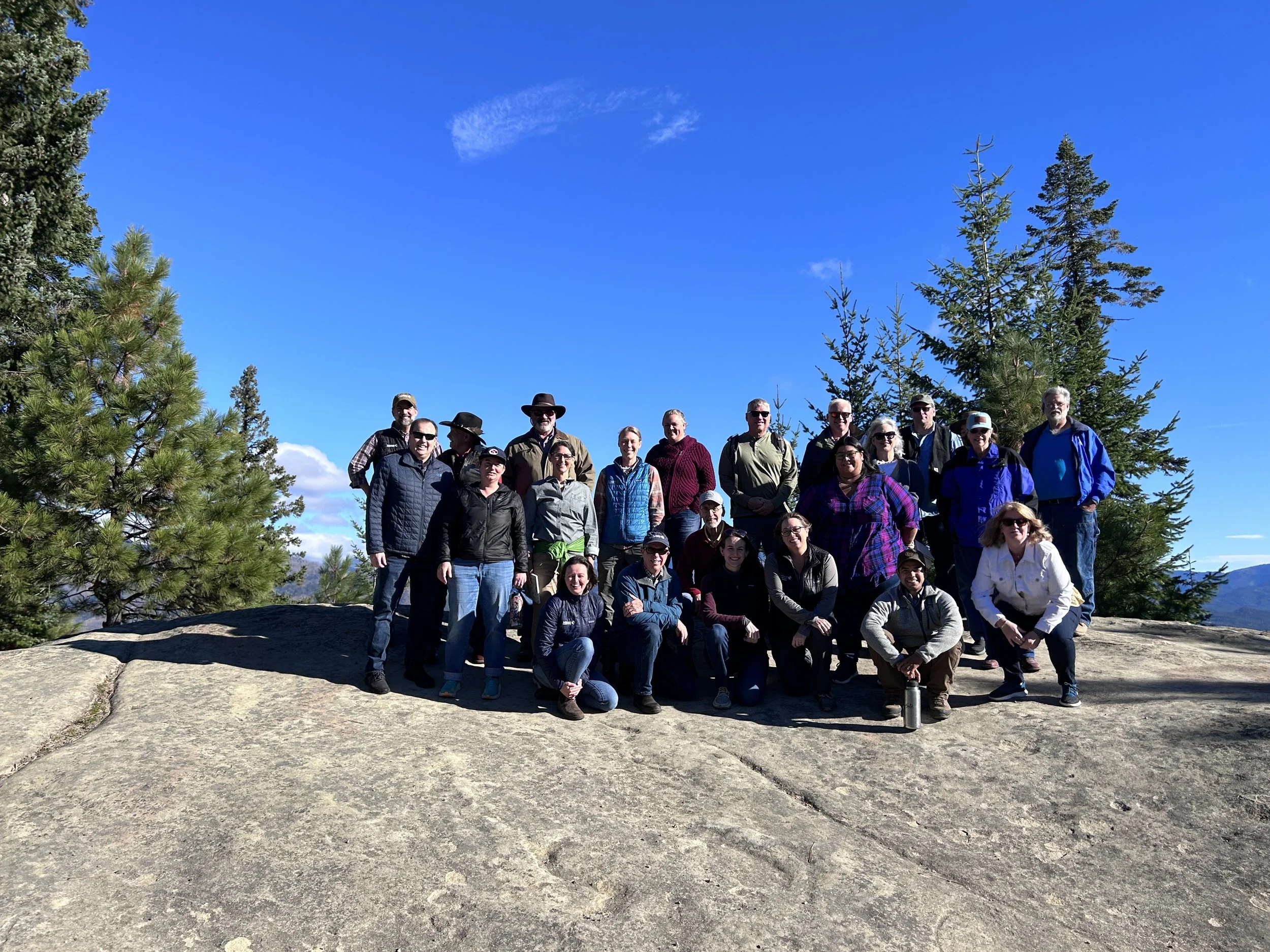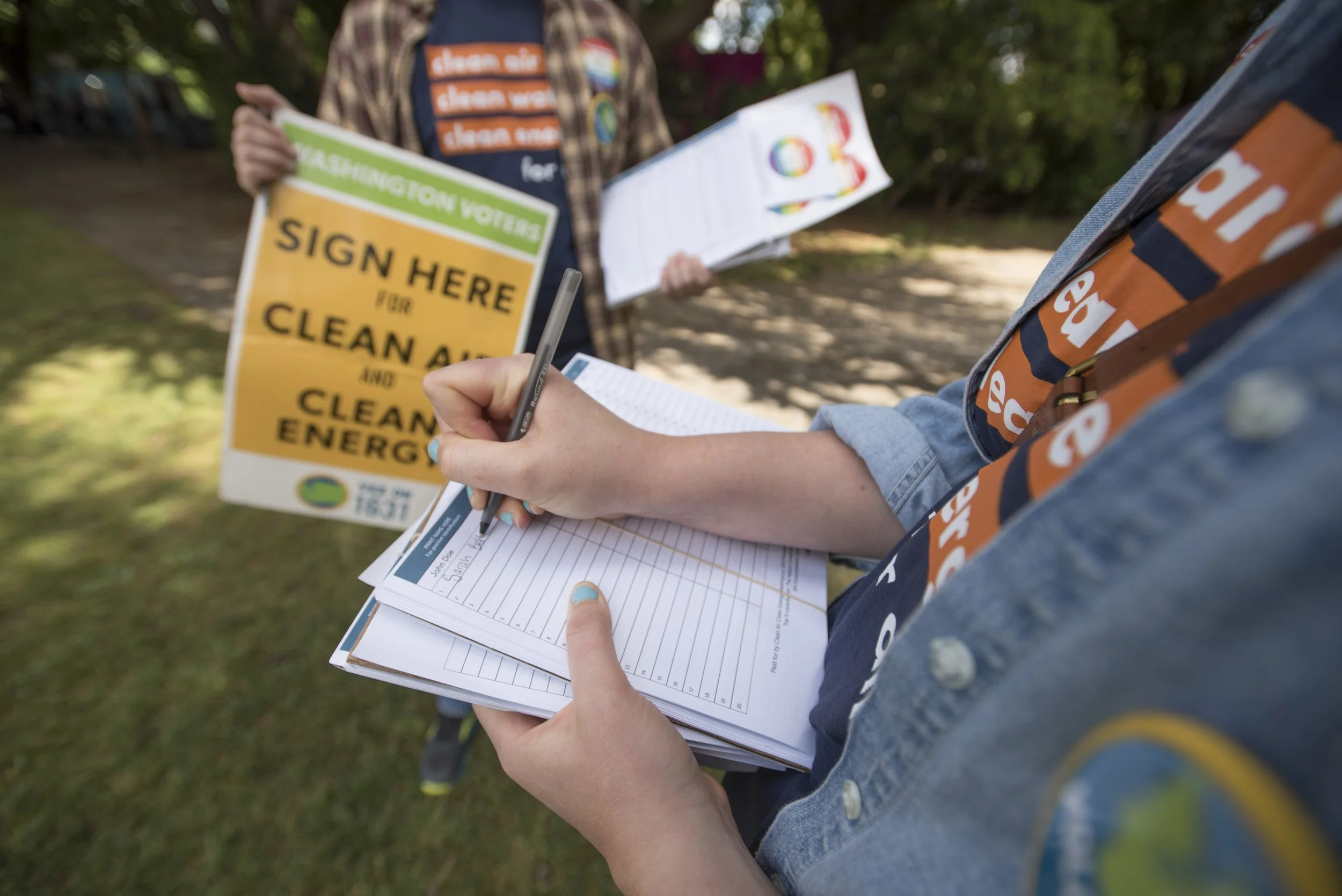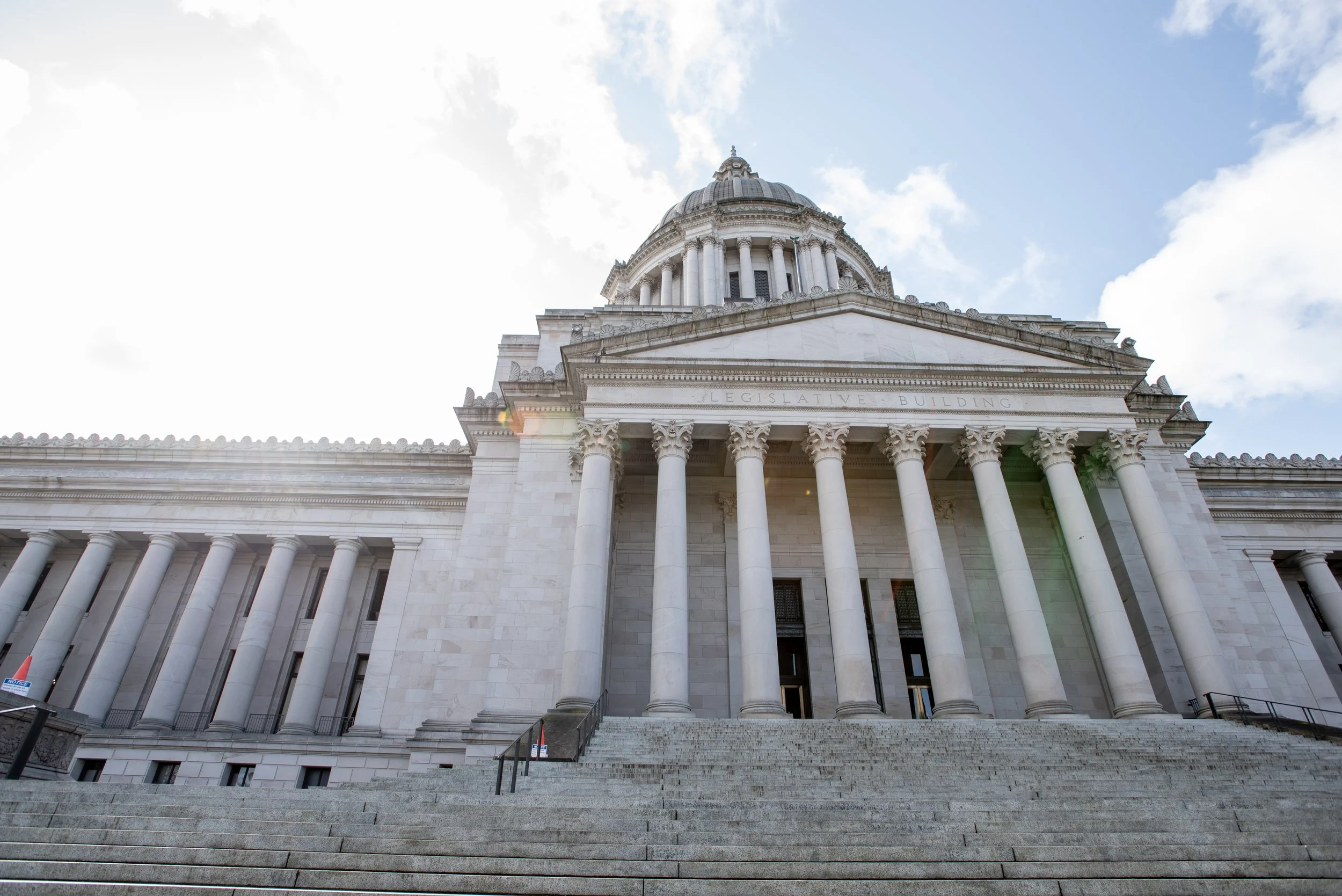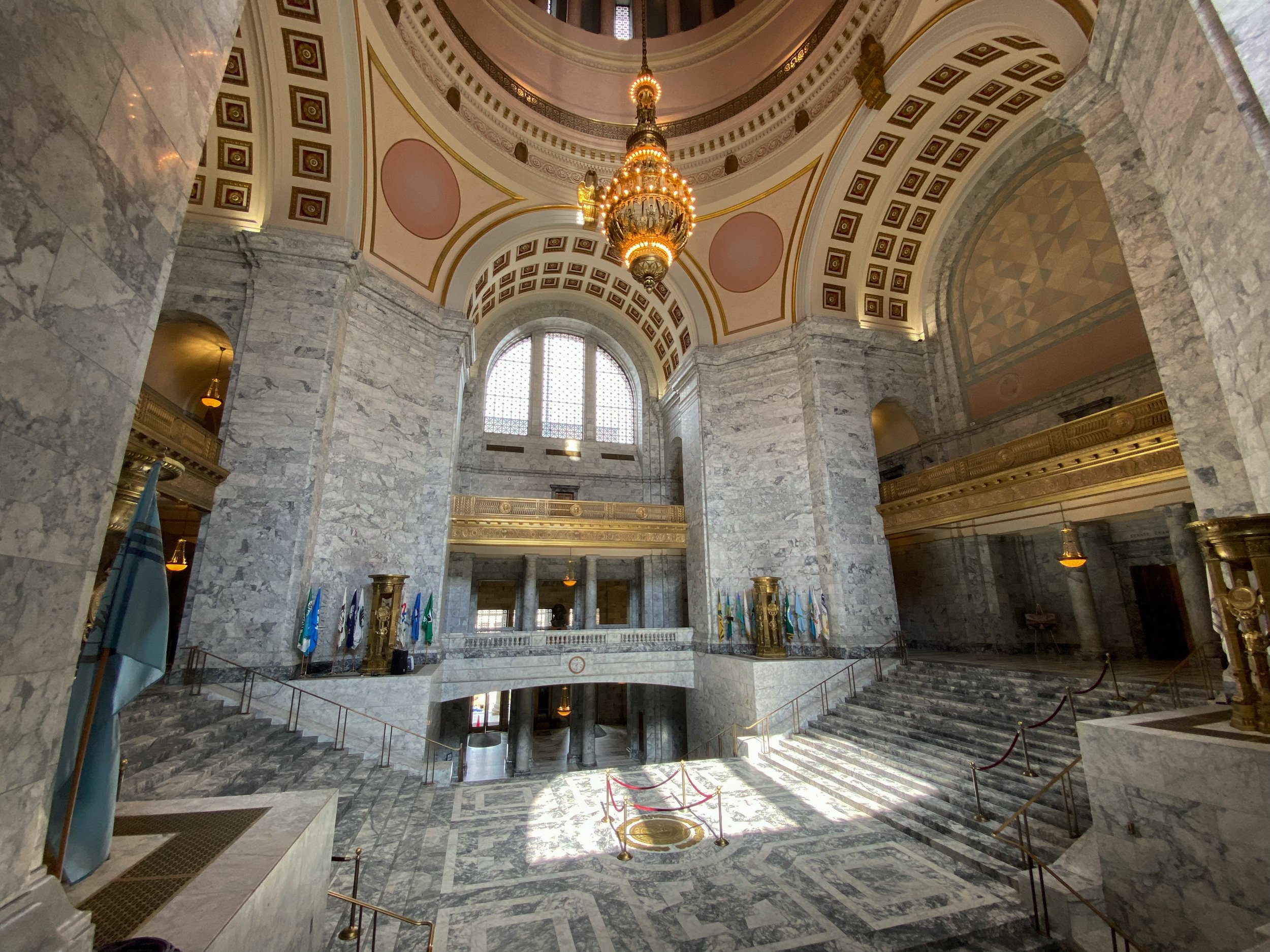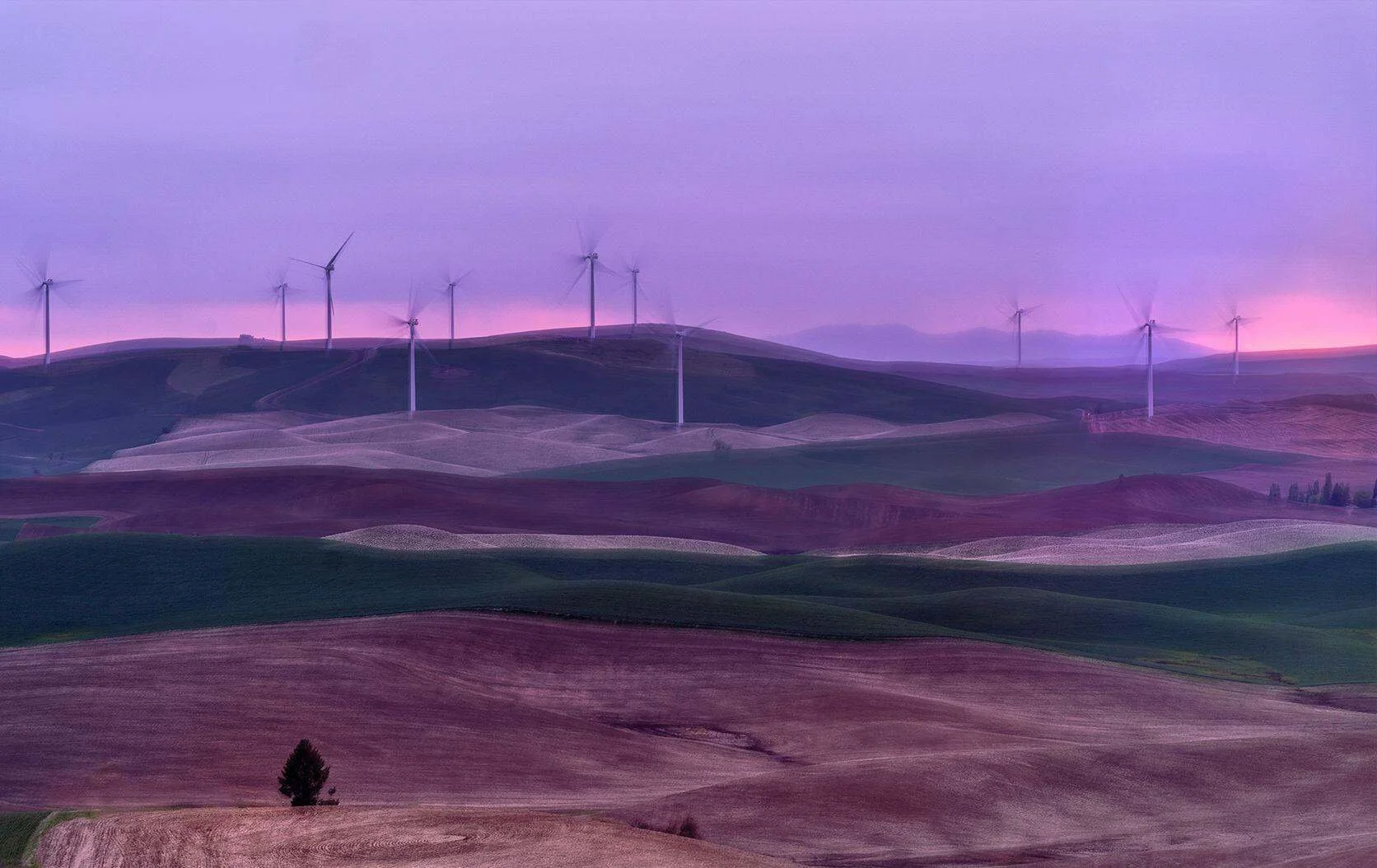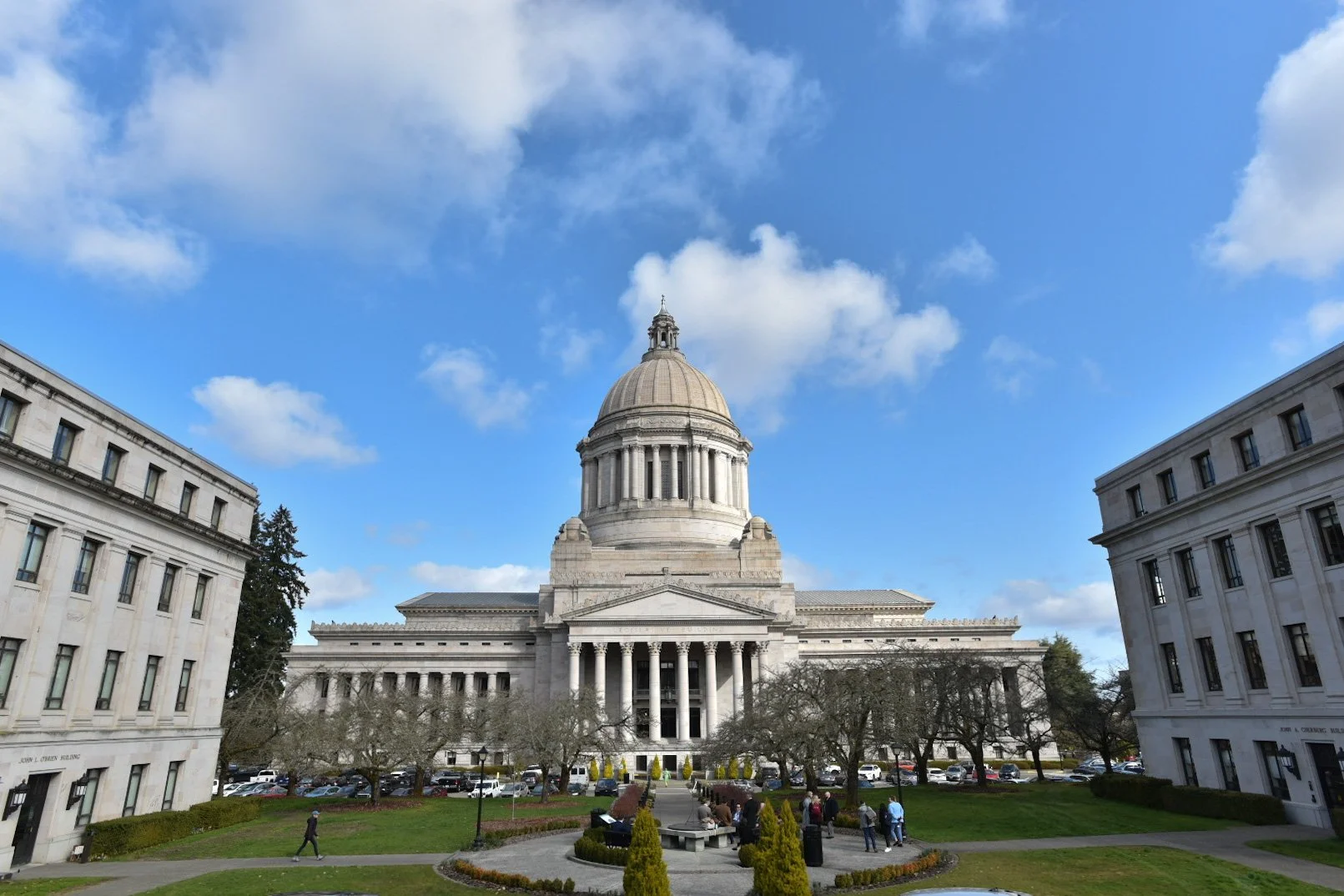Washington’s Sen. Maria Cantwell spoke alongside other members of Congress this morning in Washington, D.C., to defend the Land & Water Conservation Fund (LWCF).
LWCF has been protecting Washington’s most special places for decades: from iconic recreation sites like the Pacific Crest Trail and Mount St. Helens to neighborhood parks from Neah Bay to Walla Walla, you’d be hard-pressed to find a Washingtonian who has not visited an LWCF-protected site.
And LWCF has helped protect public lands nationwide, from the Grand Canyon to the Florida Everglades to Civil War battlefields in Virginia. It’s a critical program for communities around the country.
But, unfortunately, LWCF’s funding is at risk. The program will expire at the end of September 2018 if Congress doesn’t act to save it.
“We’re here (on) a bipartisan basis this morning because we love the land and we love what it does for America,” Senator Cantwell said at a press conference this morning, where she was joined by colleagues from across the country. She spoke about the importance of finding refuge from the frenetic pace of modern life in the outdoors, calling our public lands and waters “the greatest treasures of our country.”
Sen. Cantwell and LWCF’s other champions in Congress spoke today to kick off a nationwide Save LWCF Campaign, counting down the 52 weeks until the program expires. Each week the LWCF Coalition will highlight one state or territory and the impact LWCF has had there. Washington has the distinction of being the first state to share our love for LWCF.
Perhaps appropriately, LWCF has its roots here. Former Washington U.S. Sen. Henry “Scoop” Jackson introduced the original bill creating LWCF under President John F. Kennedy. It was signed into law in 1964 and since then has sponsored more than 600 projects across Washington.
LWCF projects vary widely. One project reestablished the Sacagawea Heritage Trail in Benton and Franklin Counties. Two others protected hundreds of acres in the San Juan Islands to preserve cultural Coast Salish sites and provide a historical peek at the 1859 Pig War boundary dispute with England.
LWCF has protected working farmland and forestland from Whidbey Island to Spokane and has ensured public recreational access to hunting grounds and rivers with some of the best fishing in the country. It has created parks where children can play close to their homes, ball fields, community pools and trails accessible to strollers and wheelchairs as well as joggers and hikers. And LWCF is responsible for protecting parts of Washington’s most popular and breathtaking recreational areas, including Mount Rainier National Park, the Alpine Lakes Wilderness Area and the Little Spokane River National Area.
And LWCF has done all this without using a penny of taxpayer dollars. Instead, LWCF is supported by a portion of oil and gas royalties from offshore drilling projects. Money earned from these publicly owned offshore resources is used to protect access to other precious publicly owned resources — our lands and waters.
We appreciate Sen. Cantwell’s leadership in the effort to save LWCF and invite you to join fellow Washingtonians in highlighting the importance of this program.
What can you do?
- Learn more about LWCF’s status in Congress by visiting the LWCF Coalition’s countdown page.
- Join the movement this week on social media by posting a photo of yourself enjoying an LWCF-protected place and using #SaveLWCF on social media.
- Contact your members of Congress directly and tell them how important LWCF is to you and your family.
Together, we can #SaveLWCF!
Photos in Support
This week, we’ll be posting photos of public-lands lovers to our digital media channels with #SaveLWCF to raise awareness of the many benefits LWCF brings to Washington. Join us by posting your own photo with #SaveLWCF!



